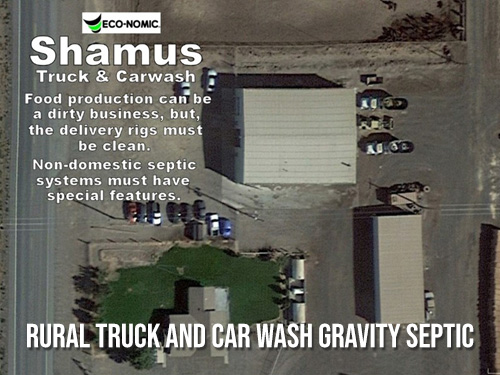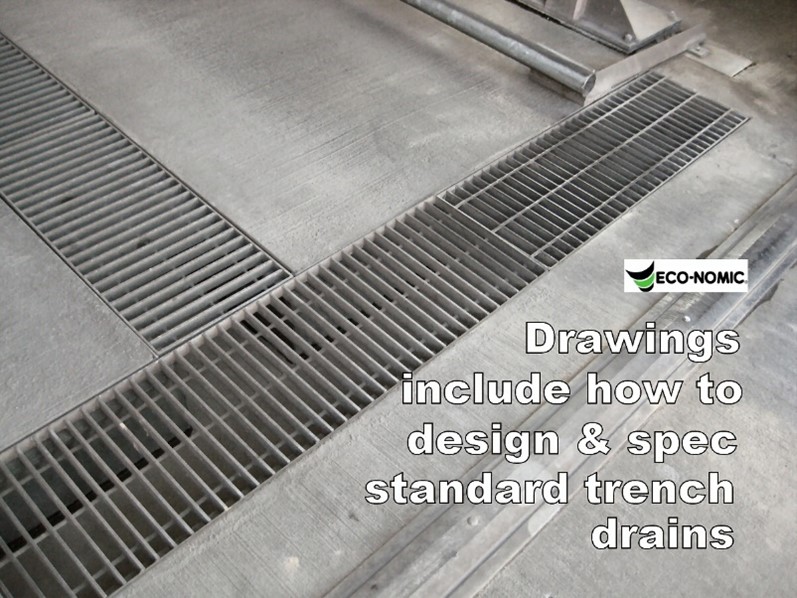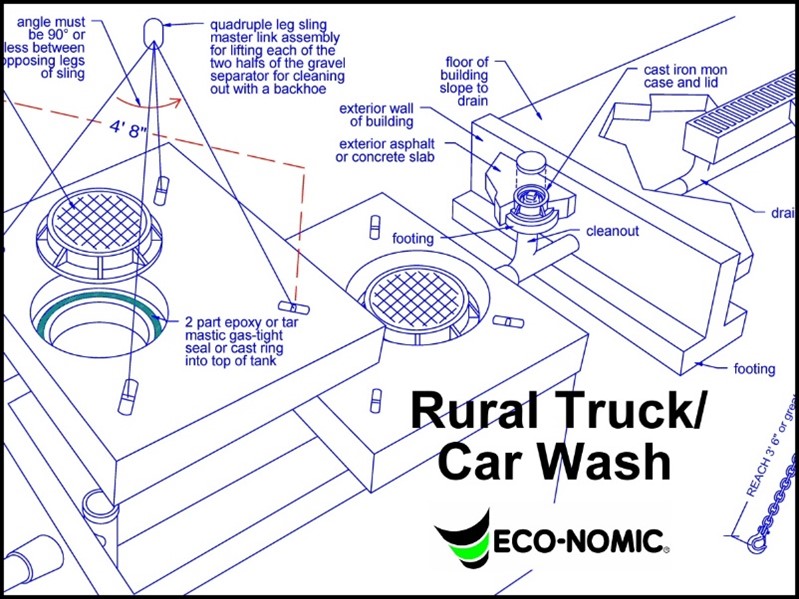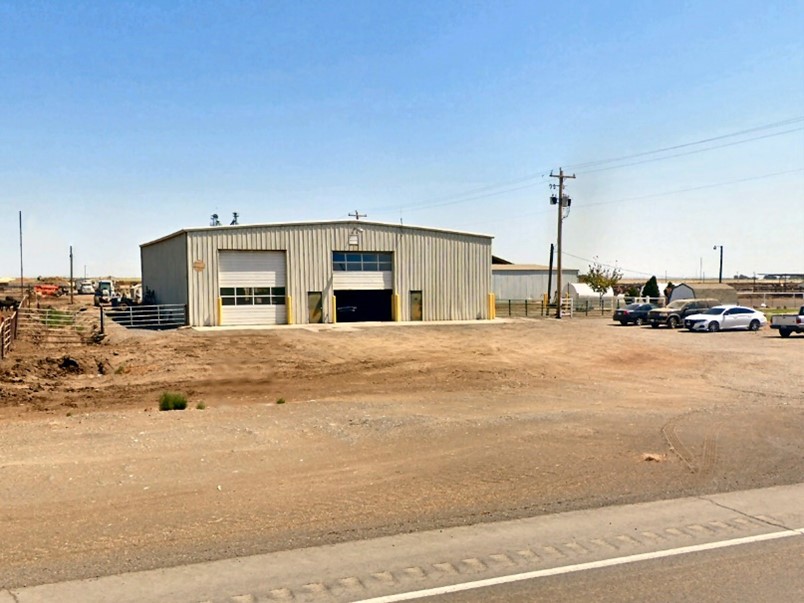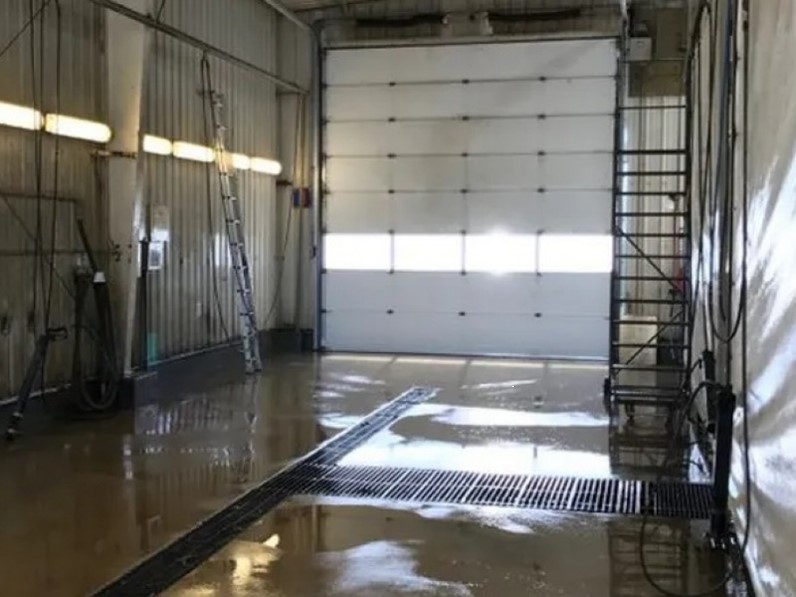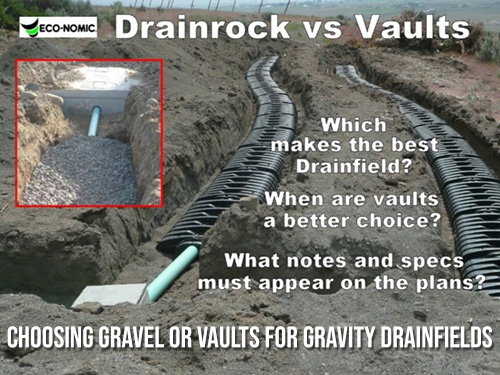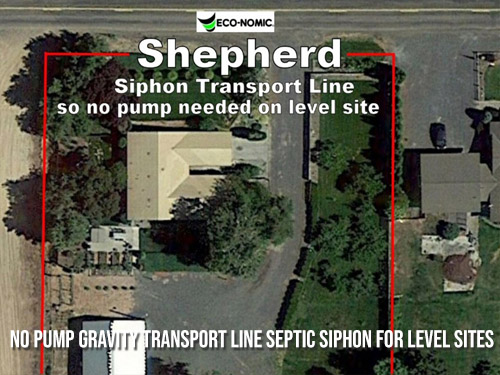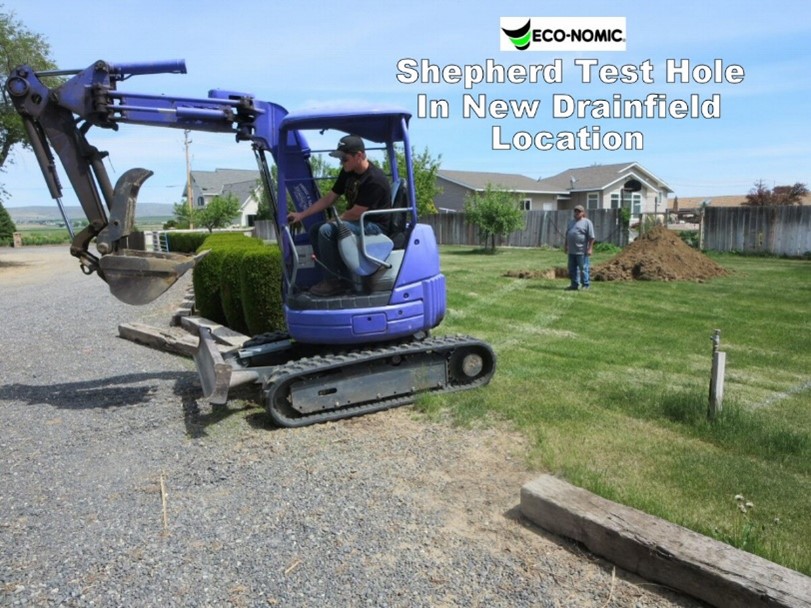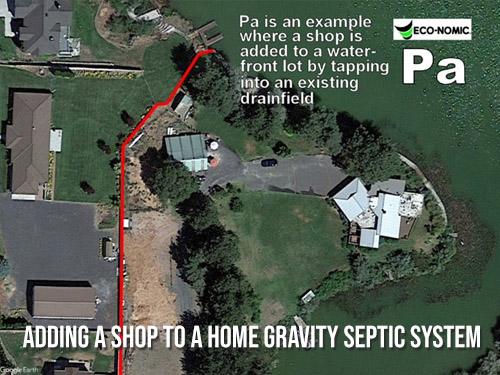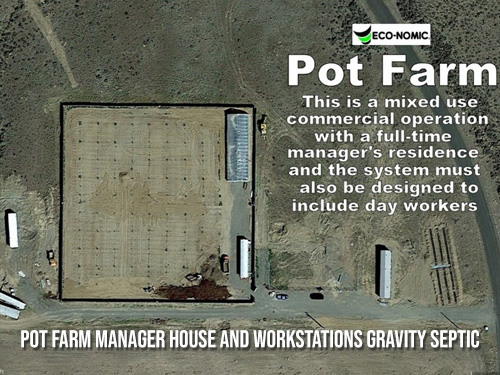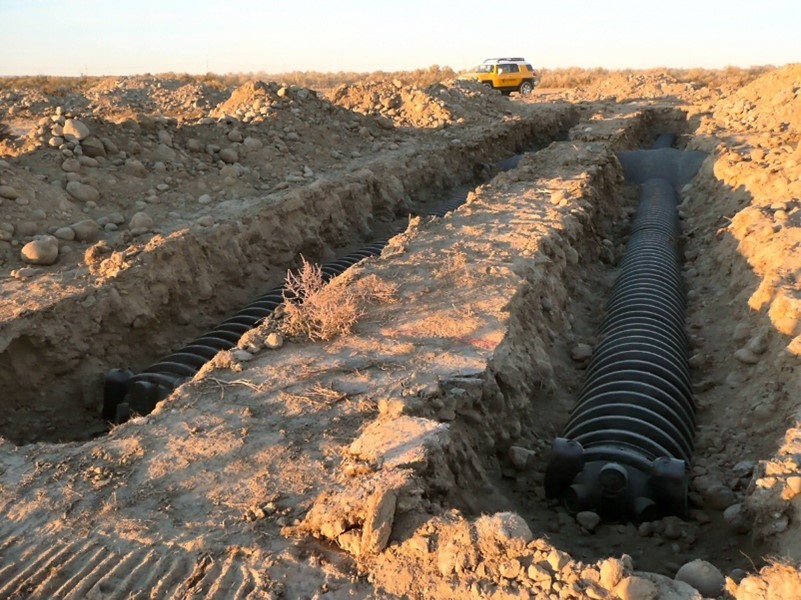Rural Truck and Carwash Gravity Septic
$48.00
Description
When non-domestic wastewater is treated and/or disposed of in rural areas, local and state health departments may want to, or may already be involved in the permitting and design of these systems.
Food production can be a dirty business, especially when animals are involved. Food delivery on the other hand requires clean rigs. For both the appearance of their rigs, and sanitation needs, a truck wash may be part of a farm or a packing or processing facility.
Across the country, the various state, provincial, and local health departments are catching up to the issue of more non-domestic septic systems appearing in the countryside. In some areas there may be no regulations or oversight for non-domestic septic systems. Either way, systems must be designed right. For non-residential sewage, the first step is to determine the sewage strength of the proposed wastewater and identify specific chemicals and substances that could be found in the sewage not customary in residential sewage. Wastewater from a car or truck wash for instance would likely contain fuel, oil, brake, tire, and clutch residue from the vehicles and from the roads, plus anything the cargo might shed.
There is no evidence or study that shows that modern septic systems provide inferior treatment of organic and chemical substances compared with large municipal sewage treatment plants. Septic systems by nature are decentral, whereas dangerous and hazardous conditions concentrate naturally in and around plants where waste is directed and handled in quantity. Food processing and recycling facilities are but two examples. Everything goes somewhere after all.

